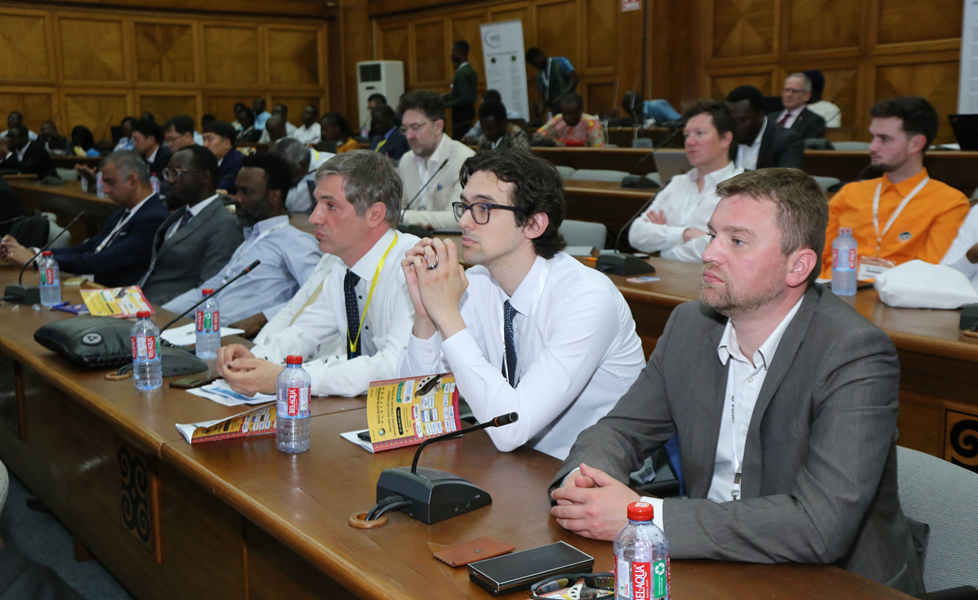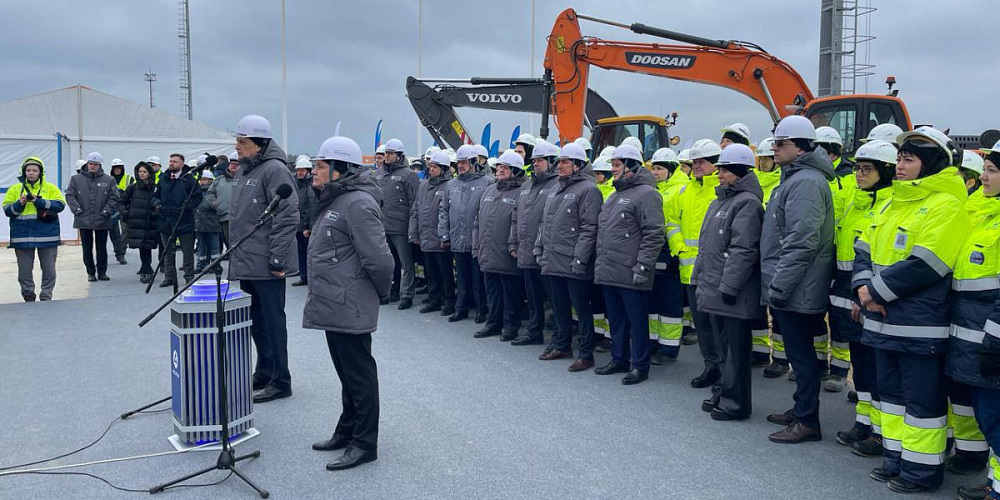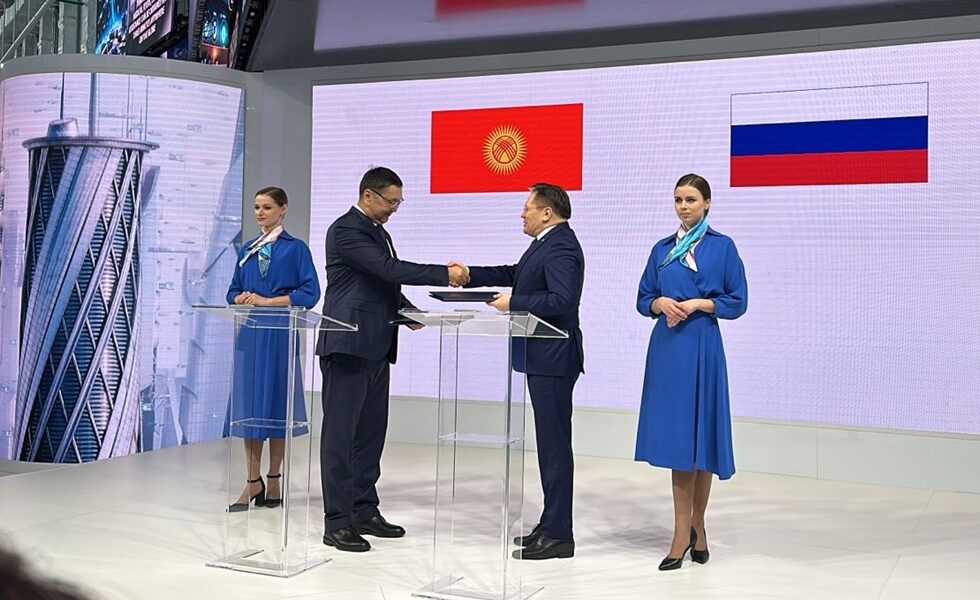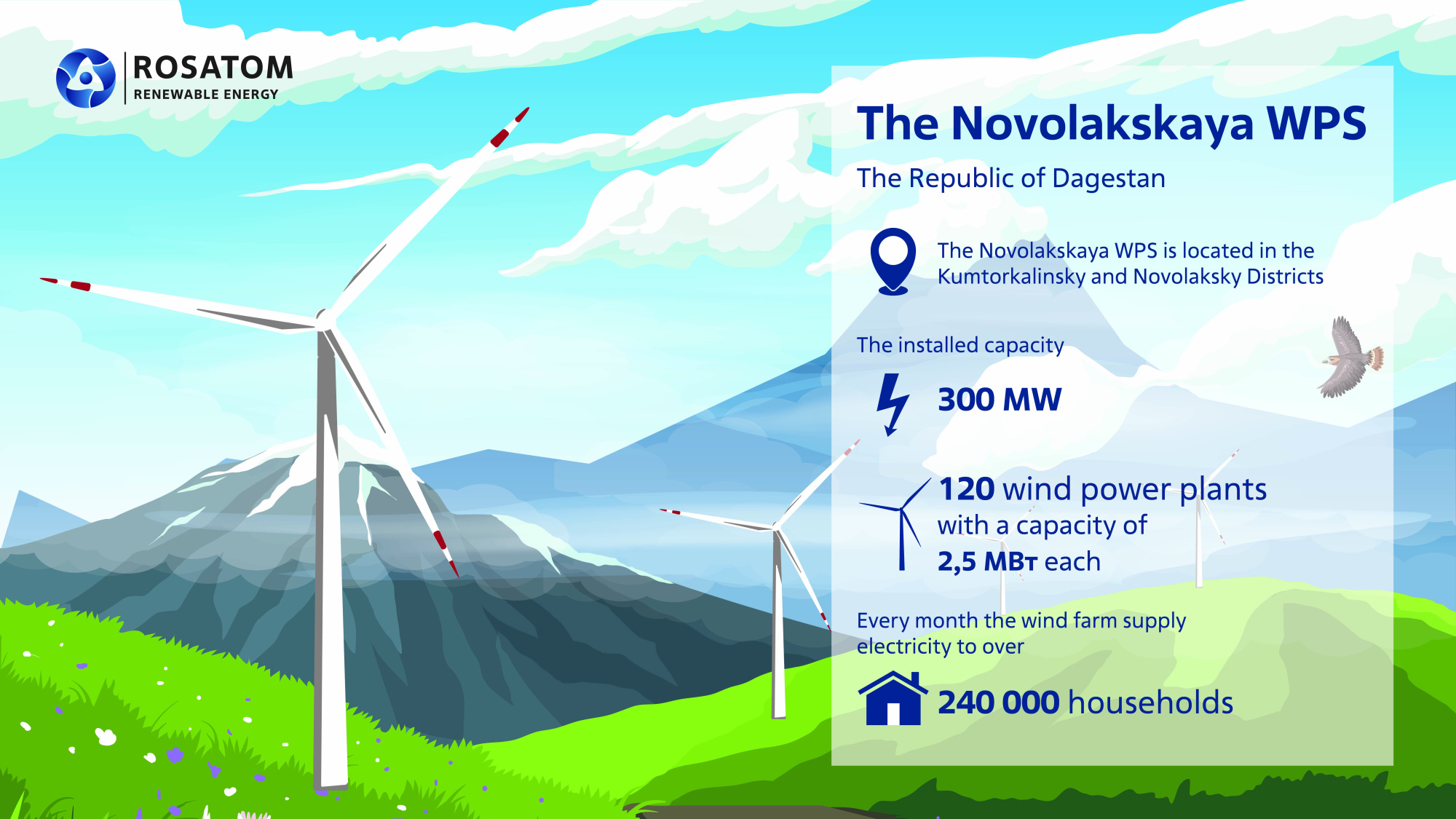Rosatom, a global leader in nuclear technologies, held a presentation of small land-based and floating nuclear power plants (FNPP) during Africa Nuclear Business Platform 2024 that took place from 28th to 31st of May in Accra.
As Ghana aims to establish its first nuclear power plant by the early 2030s, the nation finds itself in the second phase of the International Atomic Energy Agency milestone approach. It is marked by the establishment of crucial organisations vital to the smooth coordination of the country’s nuclear power program.
Following a decisive policy direction to diversify their energy sources with nuclear, the country’s authorities took a significant step forward by issuing a Request for Information (RFI) in 2021. This RFI was crafted to elicit both technical expertise and financial insights from potential vendors and strategic partners. Both would play a pivotal role in Ghana’s nuclear ambitions’ realisation. The RFI reached out to six vendors, seeking comprehensive details regarding the technological solutions proposed. Fifteen vendor companies from six countries showed their interest in the Ghana’s Nuclear Power Programme. Thus, the event brought together all the vendors and served as a vital platform for fostering collaboration and innovation within Africa’s burgeoning nuclear energy sector.
Rosatom, one of the participating vendors and a global leader in nuclear technologies, featured with a special presentation on its latest developments on small-modular reactors (SMRs), a cutting-edge solution for sustainable and efficient energy production during Africa Nuclear Business Platform 2024.
“Rosatom stands at the forefront of small modular reactor (SMR) technology. We offer innovative solutions, such as the world’s only Floating Power Unit, which together with land-based SMRs, presents a cost-effective, easily scalable and quickly deployable option to address Africa’s increasing energy needs, all while supporting the region’s transition to clean and sustainable energy resources. This achievement not only proves our leadership in the nuclear energy sector but also underscores our commitment to providing sustainable energy solutions worldwide,” Ilya Sesyutchenkov, Rosatom representative, mentioned in his presentation.
“The Africa Nuclear Business Platform is a huge platform to showcase what nuclear can do for Africa. It is a beacon of opportunity for our nation and the continent at large. I think that other African countries can take advantage of this forum also to sign collaborative nuclear power programmes with development partners in the nuclear field. Africa Nuclear Business Platform 2024 stands as a vibrant hub for collaboration and innovation bringing together key stakeholders, visionaries and decision makers. This ultimate gathering is shaping the future of nuclear energy in Africa, bringing the brilliance of African innovation with expertise of global nuclear communities,” Dr. Robert Sogbadji, the National Coordinator of the Ghana’s Nuclear Power Programme from the Ministry of Energy, stated.
Reference
Rosatom comprises over 400 enterprises and is one of the world leaders in the nuclear energy industry. Rosatom is the world’s second-largest company in terms of uranium reserves, the fifth-largest uranium producer and the world's fourth-largest producer of nuclear energy. It controls 40% of the world market of uranium enrichment services and 16.3% of the nuclear fuel market. In May during the state visit of the President of Russia to Uzbekistan a contract for the construction of a small nuclear power plant (SNPP) in Uzbekistan was signed. The project involves the construction of a small nuclear power plant in the Jizzakh region of Uzbekistan based on a Russian design, with a total capacity of 330 MW (six reactors with a capacity of 55 MW each). Construction work at the site will begin this summer.
The design of a land-based SMR displays the latest Russian technology – water-cooled nuclear reactor RITM-200N, developed by adapting an advanced low-power facility of shipboard design for a ground-based nuclear power plant (NPP). This is a compact modular installation, featuring reduced construction time compared to large nuclear power plants. Its reactors of the RITM-200 series have been tested in the harsh Arctic conditions onboard the advanced Russian icebreakers. They meet all post-Fukushima safety requirements for the modern NPP design.





